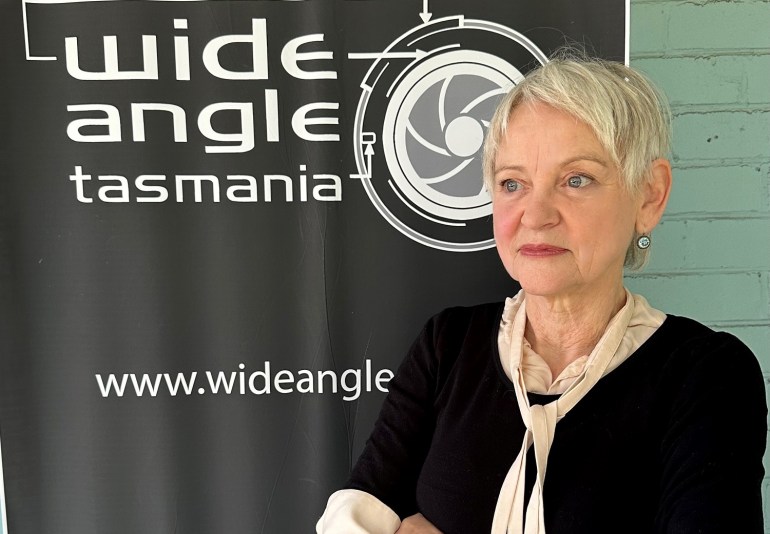Screen training organisation Wide Angle Tasmania is set to cease operation after two decades.
The independent not-for-profit announced this week that it would begin winding up this month, citing a lack of financial support.
Initially funded by Screen Tasmania and the Australian Film Commission, Wide Angle Tasmania was established to offer training, experience, advice, equipment, and pathways to industry to hundreds of emerging Tasmanian filmmakers.
For the last seven years, it has operated under the support of a private donor who stepped in when Screen Australia withdrew funding to similar organisations nationwide in 2015 and Screen Tasmania reduced its support.
Wide Angle joined Adelaide’s Mercury CX as one of only two state screen resource centres to continue operating following the funding cut, with NSW’s Metro Screen, Victoria’s Open Channel, Queensland’s QPix, and Western Australia’s FTI all shutting their doors in recent years. Mercury CX announced at the end of last year that it was restructuring in an effort to remain solvent.
Wide Angle Tasmania executive director Franziska Wagenfeld joined the organisation at the beginning of 2022 with the knowledge that the philanthropic funding had come to an end, leading to unsuccessful bids to bring Screen Australia and Screen Tasmania back on board.
The former VicScreen development and investment manager told IF the impact of the impending closure would show itself in the state over time.
“From my perspective, a plethora of organisations that give opportunities to regional filmmakers are incredibly important and I think the contraction of the ability to fund different projects is not a good thing,” she said.
“This is happening in every state and we are seeing the result. For democracy, I think you need a plethora of funding opportunities to give different voices a chance.”
The announcement comes as the organisation celebrates the success of two projects from its Grit initiative, which invited a selection of filmmakers to produce shorts with the support of the Tasmania Community Fund that explored the concept of grit.
Of the films created, Tom Chapman’s Eden Alone Surpasses Thee was judged Best Short Form Documentary at Australia’s International Documentary Conference, while Vivien Mason’s Handmade Happiness won Best Documentary at the Los Angeles Animation Festival last December.
Wide Angle Tasmania has previously partnered with Screen Australia and AFTRS on initiatives for Tasmanian filmmakers, while also offering residencies to screen practitioners and supporting projects through its Audacity Fund.
Chair and screen producer David Gurney paid tribute to the “many people” that helped them make a “lasting difference” to the screen sector in Tasmania.
“It is regrettable that with the closure of Wide Angle, Tasmania’s emerging screen talent will have fewer opportunities to develop screen skills and tell Tasmanian stories in the future,” he said.
While Wagenfeld was optimistic of the state’s filmmakers being supported in another way down the track, she said it “wouldn’t happen for a while”.
“There hasn’t been an Open Channel [in Victoria] or a Metro Screen [in NSW], so what we do have is Screenworks, which I think Ken [Crouch] has done a great job with,” she said.
“But being in a remote regional place like Tasmania that doesn’t have the same infrastructure as the Northern Rivers of NSW [means] we can’t get the large film companies to support us because we simply don’t have them.
“I absolutely think there is going to be a lag in Tasmania.”


